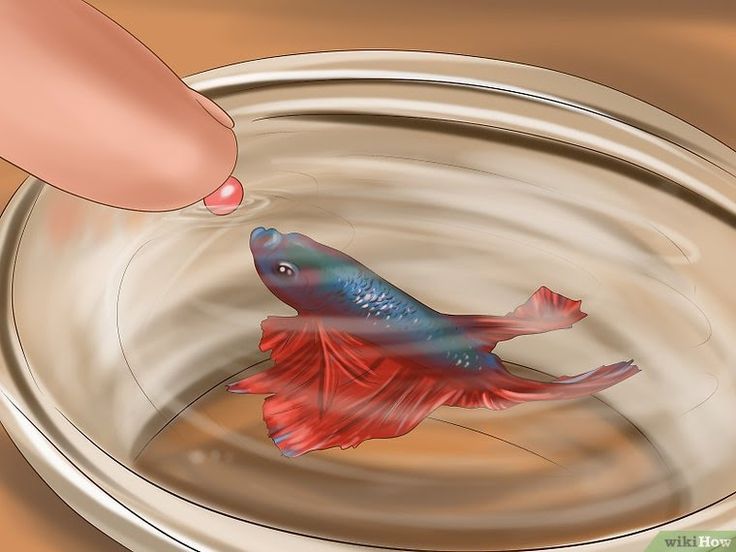Keeping a betta fish is more than just placing it in a bowl and feeding it daily. These vibrant, intelligent creatures need mental stimulation, a comfortable environment, and proper care to thrive. If you want to ensure your betta fish lives a happy, active, and long life, follow these expert tips and tricks.
Understanding Your Betta Fish’s Natural Behaviour
Bettas are known for their striking colours, flowing fins, and unique personalities. Originating from the rice paddies and shallow waters of Southeast Asia, they are naturally territorial and prefer warm, clean water. Understanding their behaviour is key to ensuring they remain happy and stress-free.
Signs of a Happy Betta Fish
- Active swimming, exploring its tank
- Vibrant colours
- Building bubble nests (a sign of contentment)
- Eating regularly
- Flared fins when excited or curious
Signs of Stress in Bettas
- Faded colours
- Clamped fins (holding fins close to the body)
- Lethargy or lack of movement
- Refusal to eat
- Hiding frequently
By identifying these behaviours, you can take necessary steps to enhance your fish’s well-being.
Creating the Perfect Betta Fish Environment
Your betta fish’s home should replicate its natural habitat. A well-structured tank setup will significantly contribute to its happiness.
Choosing the Right Tank Size
A common misconception is that bettas can live in tiny bowls. In reality, they need at least a 5-gallon tank to swim freely and stay healthy. A larger tank also maintains stable water conditions.
Proper Filtration & Water Quality
- Use a gentle filter to keep water clean without creating strong currents.
- Maintain a temperature of 24-27°C (75-80°F) with a heater.
- Perform regular water changes (at least 25% weekly).
- Use water conditioner to neutralise harmful chemicals.
Adding Plants & Hiding Spots
Live plants like Java fern or Anubias provide hiding spots and mimic their natural habitat. Driftwood and caves also create comfortable areas for your betta fish to explore and rest.
The Ideal Betta Fish Diet
Feeding your betta fish a varied and high-quality diet is essential for keeping it energetic and vibrant.
Best Foods for Bettas
- High-protein betta pellets
- Freeze-dried or frozen bloodworms, brine shrimp, and daphnia
- Occasional treats like mosquito larvae
Avoid overfeeding—two small meals per day are sufficient. Remove any uneaten food to prevent water contamination.
Keeping Your Betta Fish Mentally Stimulated
A happy betta fish is an engaged one! Here’s how to prevent boredom:
Enrichment Activities
- Mirror Exercise: Briefly showing a mirror can encourage flaring, which provides exercise.
- Floating Toys: Items like betta hammocks or leaf beds give them resting places.
- Obstacle Courses: Arrange plants and decorations creatively for exploration.
Interaction with Owners
Bettas recognise their owners and can be trained to do simple tricks like jumping through hoops or following your finger. Regular interaction keeps them entertained.
The Importance of Tank Mates
While bettas are known for their aggression, they can cohabit with certain species under the right conditions.
Compatible Tank Mates
- Small, peaceful fish like neon tetras or corydoras catfish
- Shrimp and snails (avoid aggressive species)
Never house two male bettas together, as they will fight. If introducing tank mates, monitor interactions closely.
Common Health Issues in Bettas & How to Prevent Them
1. Fin Rot
- Symptoms: Frayed or discoloured fins
- Prevention: Maintain clean water, avoid sharp decorations
2. Ich (White Spot Disease)
- Symptoms: White spots on body
- Prevention: Keep water temperature stable, quarantine new tank mates
3. Swim Bladder Disorder
- Symptoms: Floating abnormally, struggling to swim
- Prevention: Avoid overfeeding, feed high-fibre foods like daphnia
Where to Find Rare & Beautiful Bettas
Looking for unique and high-quality bettas? Check out this collection of rare betta fish for sale for stunning varieties that will make a perfect addition to your aquarium.
Final Thoughts
Caring for a betta fish is a rewarding experience when done correctly. By providing a suitable tank, a nutritious diet, mental stimulation, and regular care, your betta fish will live a long and happy life.
Follow these expert tips, and you’ll have a thriving, beautiful betta fish that will bring joy and vibrance to your home!


